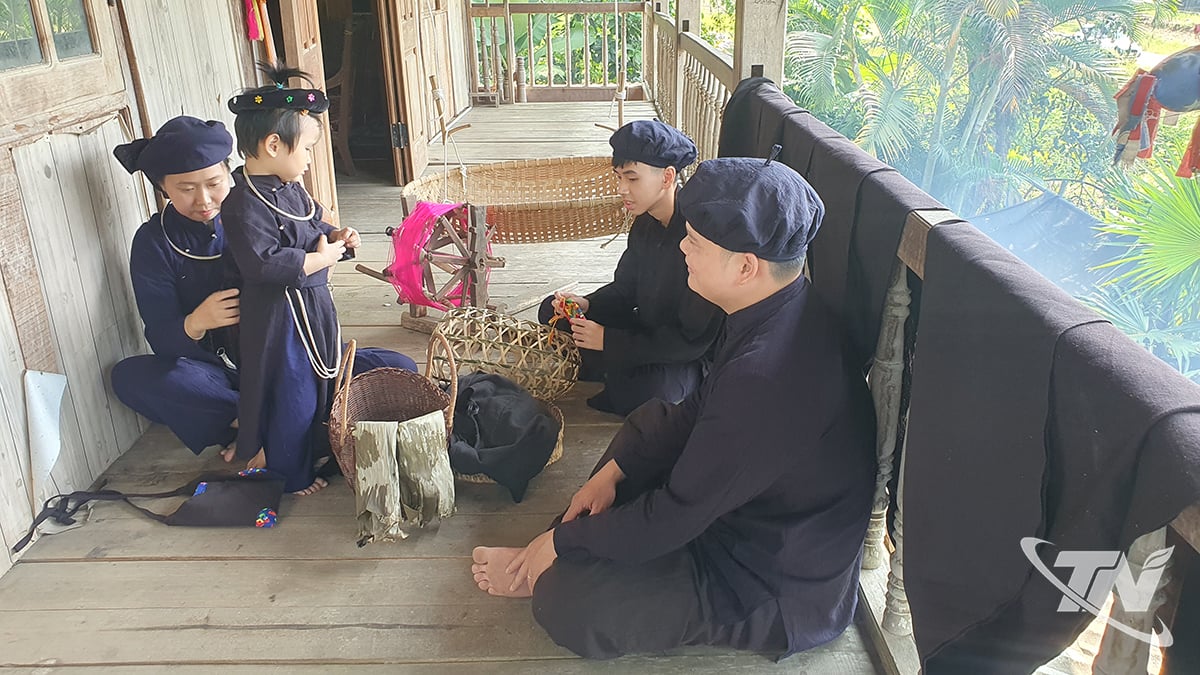 |
| Every full moon day of the 7th lunar month, Tay families prepare cakes, fruits, chickens and ducks to visit their maternal grandparents' house. |
Although the practices and customs of each place and each ethnic group are different, the filial piety towards parents and ancestors on the 15th day of the 7th lunar month all contain good traditional cultural values of the Tay and Nung ethnic groups and are preserved and promoted by the people in today's life.
For the Tay people, there are many festivals throughout the year, each with a different origin and meaning, containing unique cultural values of the nation and profound humanity.
Normally, the Tay people celebrate the 15th day of the 7th lunar month from the 14th day of the 7th lunar month. The 15th day of the 7th lunar month is also called Tet Pay tai, or Chau tai, which means going to the mother-in-law's Tet.
The Tay people believe that after getting married, a woman must work with her husband and children all year round, and must take care of the incense and worship her husband's grandparents and ancestors. Therefore, the 2nd of January and the 14th of July of the lunar calendar are occasions for women to return to their parents' home with their husband and children to take care of them, show filial piety to them, and thank their grandparents and ancestors.
For married Tay girls, every 14th day of the 7th lunar month, the whole family prepares things, especially a pair of ducks, for the whole family to visit the maternal home.
Although they are a young family, Ma Ngoc Anh and Dong Van Tuyen, in Nam Cuong commune, still preserve the custom of their Tay ancestors, which is Pay Tai on the 14th day of the 7th lunar month.
From early morning, Mr. Tuyen and his wife were busy preparing gifts and cakes to bring to his wife's family, including peng tai, a type of sticky rice cake only made on the occasion of the 15th day of the 7th lunar month, fruits and a pair of fat ducks. Daily tasks from cooking, making noodles or even weaving cages to keep the ducks were also done by the Tay sons-in-law.
This not only shows filial piety to the daughter's birth parents, but is also an opportunity for the son-in-law to express his gratitude to his wife's parents for their hard work in giving birth to and raising the girl he married.
According to legend, the duck is considered a sacred animal in the spirituality of the Tay and Nung people. The duck is the messenger of the earthly village to the heavenly village. That duck has the merit of carrying the "kham hai" rooster across the sea to pay tribute to the heavenly village on the 15th day of the 7th lunar month every year.
Mr. Dong Van Tuyen shared: This is a long-standing custom of the Tay people. Since I got married, every year I go to the Cha Tai festival on the 14th day of the 7th lunar month. I also prepare duck, cakes, and fruits to visit my grandparents to thank them for giving birth to my wife and letting her marry into my family.
Depending on the region and ethnicity, the offerings may be slightly different, but they all have the same meaning: praying for health and peace for the family and especially expressing gratitude to grandparents, ancestors and deceased relatives.
Not only is it a unique traditional cultural feature, the Pay Tai festival is also an occasion for generations of descendants to remember the merits of their parents, their ancestors and their origins.
Ms. Trieu Ngoc Anh, wife of Mr. Dong Van Tuyen, said: I am very happy and joyful to return to my maternal home on the 15th day of the 7th lunar month of the Tay people. Every time my husband and I return to my maternal home, I feel the bond between the two families is much stronger.
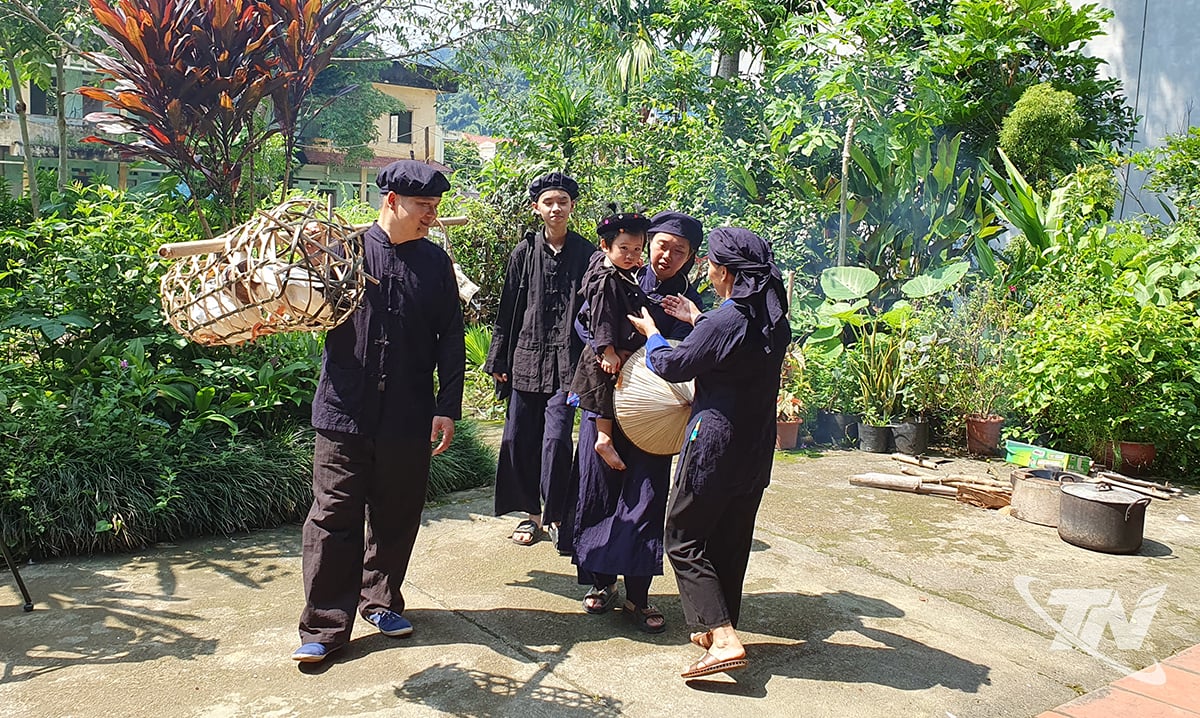 |
| Many young Tay and Nung families in the highlands of Thai Nguyen still preserve the custom of visiting their maternal grandparents' house on the 14th day of the 7th lunar month. |
According to the explanation, the reason why the Tay people celebrate the full moon on the 14th day of the 7th lunar month is because of the special meaning of this unique festival. According to the Tay culture, even numbers represent the negative number, corresponding to women. The Tay people choose the 14th day to celebrate the full moon because it is an even day and also the day closest to the full moon.
Things that the Tay people consider to have a negative nature include a fence, a basket, a river, a stream, etc. The indispensable animal for the Tay groom's Pay tai is a duck, not a chicken, because the swimming and foraging properties of this animal in the water represent a negative nature.
Choosing a day to show gratitude to the mother-in-law is the way the Tay people educate their children about the merits of wives and mothers in the Tay community. When visiting the wife's parents' house, the daughter and son-in-law will make noodles and prepare a feast together to have a reunion meal with family and relatives.
Pay tai is not only a unique custom but also a special cultural feature, honoring filial piety, the tradition of "When drinking water, remember its source" and carrying profound humanistic meaning of the Tay and Nung people.
Therefore, Pay Tai has always been preserved and passed down from generation to generation and has become an indispensable custom in the cultural life of the Tay and Nung people in the highlands of Thai Nguyen.
Source: https://baothainguyen.vn/van-hoa/202509/trao-truyen-nhung-phong-tuc-dep-68b74f5/








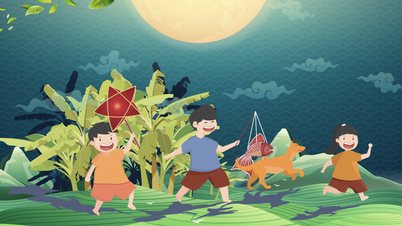

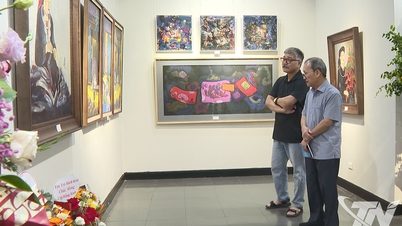
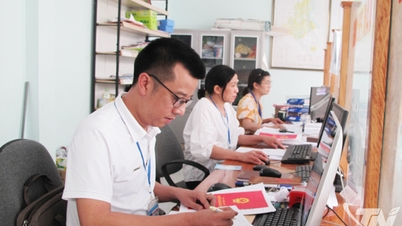
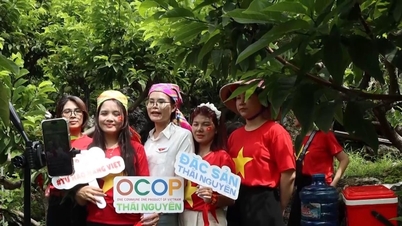



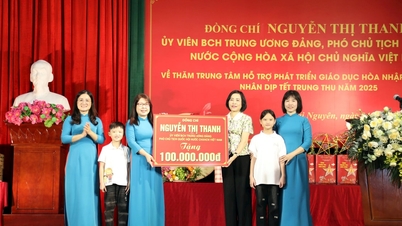
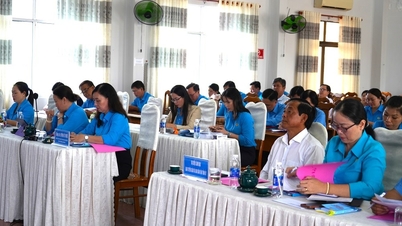




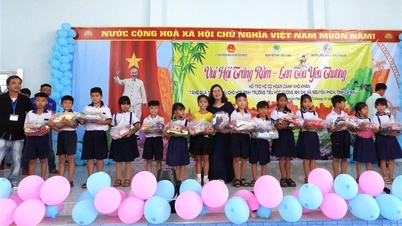

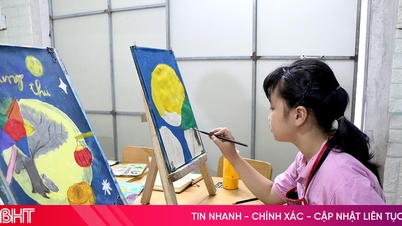
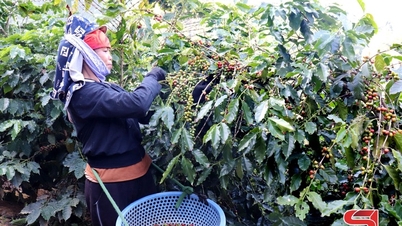








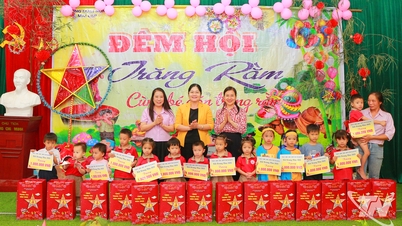
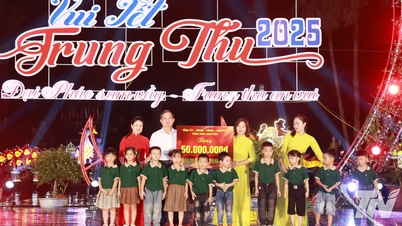
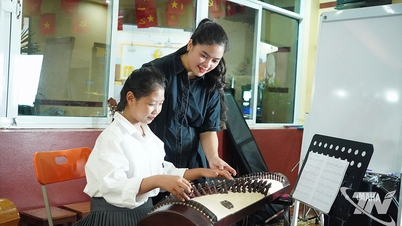










































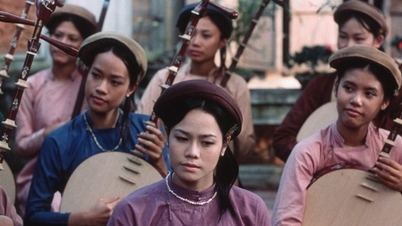


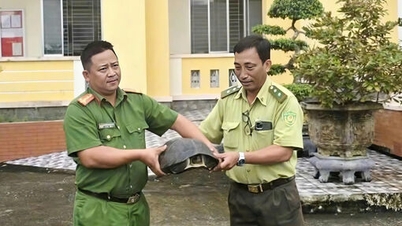

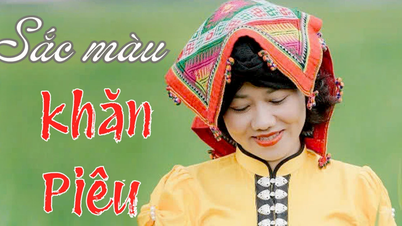

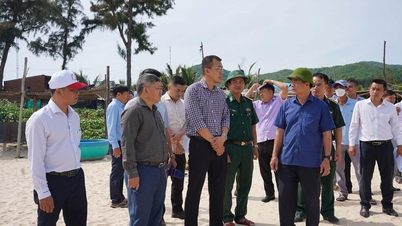

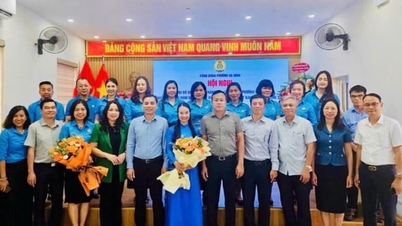















Comment (0)